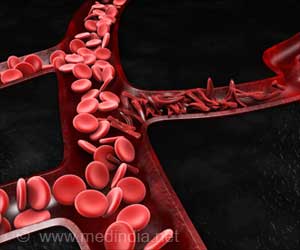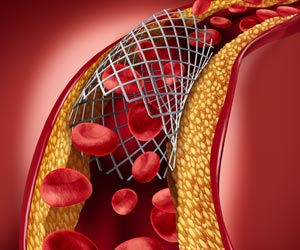Study reveals how heat stress affects gut-liver-brain communication, offering therapeutic potential.

UC Irvine study shows damaging impact of heat waves on vital organs
Go to source). These organs possess an intricate communication network that extends from the
‘ORM2 protein links heat stress to liver disease via multi-organ communication. #HeatStress #HealthResearch’





Deciphering Molecular Impacts of Heat Stress on Gut-Liver-Brain Interactions
Their study, which was conducted on mouse models, is published in the journal Scientific Reports, a Nature Portfolio journal. It is one of the first to fill the knowledge gap on the effects of heat stress on a molecular level of this crucial biological conversation.“Inflammation in the brain and spine contributes to cognitive decline, compromises the ability to form new neurons and exacerbates age-related diseases,” said corresponding author, Saurabh Chatterjee, a professor of environmental & occupational health at the UC Irvine Program in Public Health. “By investigating the effects of heat stress on the gut-liver-brain crosstalk, we can better protect our increasingly vulnerable aging population.”
Using RNA analysis and bioinformatics to analyze elderly, heat-stressed mice, Chatterjee and his team found evidence of heat stress-affected genes in the brain and liver. A significant increase in the production of ORM2, a liver-produced protein, was observed in the heat-stressed mice. The control group of unstressed mice did not show a change, providing proof of organ dysfunction in the heat-stressed mice.
Researchers believe that increased secretion of ORM2 is a coping mechanism that may be due to gut inflammation and imbalance. In addition, ORM2 may impact the brain through a leaky blood-brain barrier, emphasizing intricate multi-organ crosstalk.
Potential Therapeutic Implications of ORM2 in Heat-Induced Liver Disease
Additionally, the study shows the potential to use ORM2 for targeted biomarker interventions to prevent liver disease in heat exposure. This observation advances molecular insights into the pathophysiology of adverse heat events and will serve as a foundation for future research.Advertisement
Additional authors from UCI Public Health include members of the Environmental Health and Disease Laboratory: doctoral students Subhajit Roy (the first author), Punnag Saha, Dipro Bose, Ayushi Trivedi and Madhura More; and Christina Lin, Jie Wu and Melanie Oakes with the UCI genomics high-throughput facility.
Advertisement
Reference:
- UC Irvine study shows damaging impact of heat waves on vital organs - (https://publichealth.uci.edu/2024/05/08/uc-irvine-study-shows-damaging-impact-of-heat-waves-on-vital-organs/)
Source-Eurekalert









